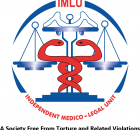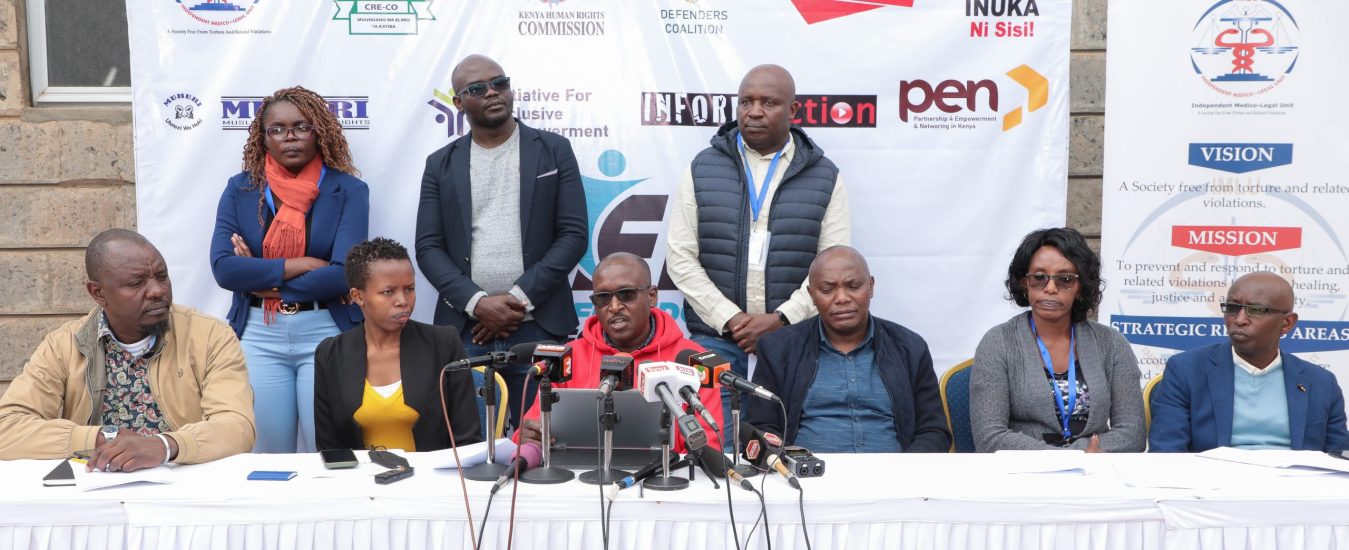By Jackline Kwanusu
On 13th and 14th July 2022, Kenya hosted the first ever Civic Space Protection Summit in Nairobi. The event, a brainchild of the Civic Freedoms Forum (CFF), took place at a time when the country is approaching the general election. The theme of the forum was “the pursuit of an expanded civic and democratic space by promoting human rights in Kenya.”
CFF is a national platform comprised of civil society organizations (CSOs) which operate at the national level with a track record and commitment to the protection of human rights, civil liberties, and democracy. CFF aims at consolidating civic actions for the advancement and protection of human rights, civil liberties, and democracy.
The civic society members who convened at the All Africa Conference Centre for the Civic Space Protection Summit discussed various issues on human rights, democratic space, protection of digital space, media and access to information. Other topics included safety and protection of human rights actors, electoral security and public order management.
Members at the summit noted with concern the sad state of both civic and democratic space in Kenya. The country is currently ranked as obstructed by the Civicus Monitor.
In regards to Public Order Management, it was observed that despite the ratification of international and regional treaties meant to safeguard protest, the Kenyan state and the police continue to use unnecessary or disproportionate force as well as harassment to discourage, prevent or disperse a protest. Poor and marginalised groups and women often experience negative treatment at the hands of the authorities.
‘Kenya: Restricting the right to be heard’ report found that, instead of protecting protest, Kenya’s police are frequently responsible for unlawful conduct, including brutal use of force, violent repression and unlawful arrests of protesters. Police forces are meant to exercise restraint and actively help facilitate the right to protest. Instead, police brutality often leads to tragic consequences and those responsible face little accountability.
For example, in June 2022, four people were killed after police fired shots at protestors in the Masimba area of Kajiado County, when people took to the streets to protest the authorities’ inaction over the rising number of wild animals attacks. The investigation by the Independent Policing and Oversight Authority (IPOA) is ongoing, but campaigners felt that it might face obstructions and delays.
The research also found that the Kenyan authorities act especially swiftly against protests likely to embarrass the State or mobilise external pressure. In April, Kenyan activist Julius Kamau was violently assaulted by three plain-clothed police officers, for his involvement in the #NjaaRevolution, which saw people protesting against the rising cost of living. Four other protesters were subsequently arrested and held for simply exercising their rights.
To secure civic and democratic space during elections and beyond, the civil society members demanded that the government abolish the mandatory notification of protest, create a safe and enabling environment for people to exercise their rights and protect and facilitate planned as well as spontaneous protests.
They also called on the government to ensure full training of all police and law-enforcement officers on rights-based handling of protests and to stop the practice of forcefully dispersing peaceful protests. This was in addition to calling on the Independent Policing Oversight Authority (IPOA) and the Office of the Director of Public Prosecution to investigate and prosecute officers responsible for the disproportionate use of force against protesters.
Furthermore, members of the CSOs demanded that the government and police service cease the arrest and detention of individuals who solely exercise their right to freedom of assembly, and the judiciary ensure justice for victims of police brutality.
They also demanded that the government should ensure adequate resourcing and political support for accountability mechanisms, particularly the IPOA.
CFF members include the Kenya Human Rights Commission (KHRC), Independent Medico-Legal Unit (IMLU), Article 19 East Africa, Muslims for Human Rights (MUHURI), Defenders Coalition, Constitution and Reform Education Consortium (CRECO), Poverty Eradication Network (PEN), Initiative for Inclusive Empowerment (IIE), Inform Action and Inuka Kenya Ni Sisi!

